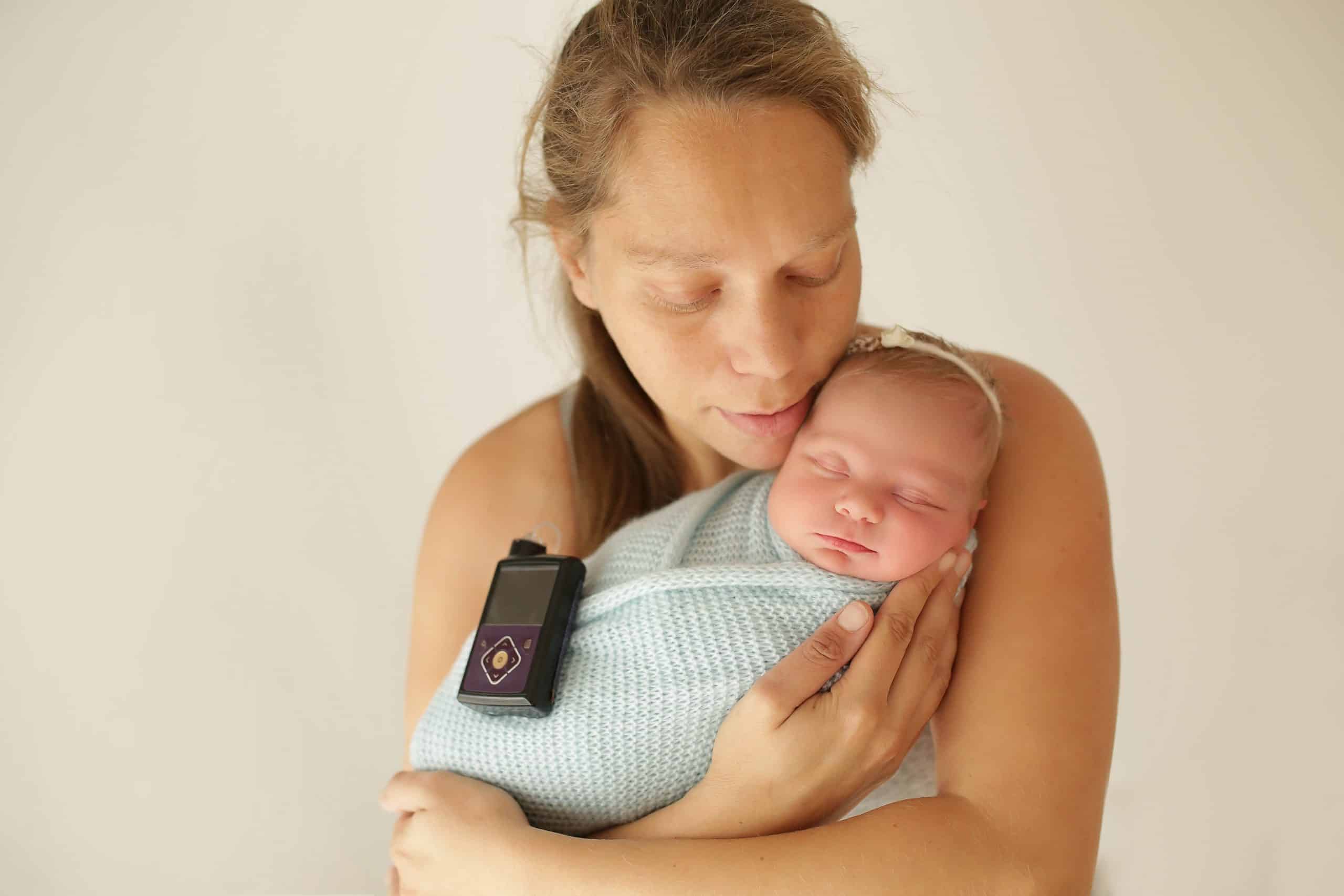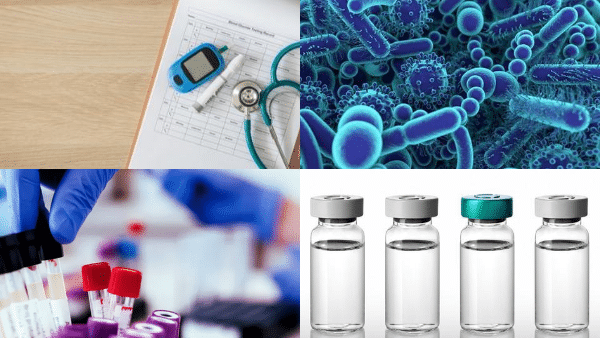The ENDIA Study
Learn about the ground-breaking Environmental Determinants of Islet Autoimmunity (ENDIA) study.

The ENDIA study is a world-first clinical trial researching the causes of type 1 diabetes, so that we can find ways to prevent it.
Initiated in 2013, ENDIA has now recruited 1,500 babies who have an immediate relative with type 1 diabetes. By monitoring these babies from pregnancy through to childhood, as well as their parents, ENDIA is helping to shed light on the environmental factors that cause T1D. Research from ENDIA could help us to answer the question of why T1D develops in some children with family history of the disease, but not in others.
The science behind ENDIA
With leveraged funding from The Leona M. and Harry B. Helmsley Charitable Trust, ENDIA is focusing on three scientific areas of key importance in T1D prevention:
- Bacteria (microbiome): determining the specific make-up of gut bacteria in children who develop early-stage T1D. By comparing this to the microbiome of their parents, as well as to children who don’t develop T1D, researchers can identify the kinds of bacteria that may cause T1D to develop.
- Genetic changes to immune cells: identifying epigenetic changes (genetic changes often caused by factors in a person’s environment) in immune cells that are associated with the development of early-stage T1D. Studying these changes could potentially help researchers understand the processes that occur in the body when a person starts to develop T1D.
- Viruses (virome): determining what viral infections during pregnancy and early childhood are associated with the development of early-stage T1D, with a particular focus on enteroviruses.
ENDIA is no longer recruiting participants, but you can find out more about the study and its latest findings on the ENDIA website.

I am interested in hearing more about…
